Some of the US's biggest airlines are slashing their respective domestic seats to more closely match capacity with falling demand as a result of the COVID-19 outbreak. The move comes after many of the same carriers had already adjusted their international flying programmes to the most-effected countries around the world.
According to the ch-aviation capacities module, American Airlines (AA, Dallas/Fort Worth) is the biggest provider of domestic seats in the US, offering 4.36 million weekly seats, which gives the Oneworld carrier a 21.9% market share. In a press release issued on March 10, American said it would reduce its domestic capacity by 7.5% to match demand in April. "The airline will decrease frequencies in markets with robust schedule patterns and will cancel routes where customers can be easily re-accommodated."
American will also reduce international capacity for the summer peak by 10% versus the previous selling schedule, including a 55% reduction in trans-Pacific capacity. As a result of its long-haul changes, it added: "Widebody aircraft will be redeployed on key domestic routes in American's network. American will also introduce new seasonal service between Chicago O'Hare and Honolulu this summer on a B787-9."
The airline is concerned that these capacity culls may affect access to its slot portfolio in the future, saying that the schedule reductions assume no slot waivers are in place. "Given the drop-off in demand related to COVID-19, American has requested temporary relief from this usage requirement – otherwise known as requesting a slot waiver – to better align capacity with demand without the risk of losing valuable takeoff and landing slots for the future." It concluded: "American will continue to review its network and make adjustments as needed if waivers are granted."
Not far behind American in terms of weekly domestic capacity is Delta Air Lines (DL, Atlanta Hartsfield Jackson), which provides 4.33 million seats, converting to a 21.7% market share. The Skyteam carrier is reducing its domestic seats by 10-15%, plus it is implementing a 20-25% international seat cut, resulting in a system capacity decrease of 15% versus its initially planned volume.
Talking about the emerging COVID-19 crisis on March 10, Delta Chief Executive Officer Ed Bastian said in a company press release: "As the virus has spread, we have seen a decline in demand across all entities, and we are taking decisive action to also protect Delta's financial position. As a result, we have made the difficult, but necessary decision to immediately reduce capacity and are implementing cost reductions and cash flow initiatives across the organisation."
Regional capacity cuts (and their respective share of the airline's total FY19 revenue) are highlighted below:
- Domestic - down 10-15% (72%);
- Pacific - down 65% (6%);
- Transatlantic - down 15-20% (15%);
- Latin America - down 5% (7%).
The airline is undertaking cost reduction initiatives, including a company-wide hiring freeze and offering voluntary leave options, parking aircraft, and evaluating early retirements of older aircraft. Also, the recent fuel price decline provides approximately USD2 billion of full-year expense benefit.
In contrast to the US's big two carriers, Southwest Airlines (WN, Dallas Love Field), which is the country's third-largest carrier in terms of weekly seats, at 3.99 million or a 20% market share, has yet to make any capacity reductions. In a statement posted on its website and last updated on March 10, it said: "Southwest has not cancelled or suspended any flights or routes due to the current situation, and none of the 102 destinations that Southwest serves are currently listed as geographic risks."
The US's fourth-biggest airline in terms of weekly seats - 3.15 million and a 15.8% share of capacity - United Airlines (UA, Chicago O'Hare) has unveiled a 10% reduction to its domestic schedules in addition to a 20% cut to its international schedules in April in response to falling demand, according to a recent announcement by the airline. The reduction in international capacity includes a 10% cut in transatlantic volumes in addition to those already implemented across Asia. The Chicago-based carrier also said that similar international and domestic capacity cuts are likely in May.
It also said that: "All schedule reductions are being implemented in a way that minimises the impact on our customers, our employees and our operation. For example, we're reducing the number of frequencies per week and finding routes with alternative travel options via other United hubs. We are also delaying start dates for seasonal travel to certain destinations – without closing any domestic stations."
Taking a similar position to that of Southwest, at the country's fifth-largest carrier, which controls a 5.3% share of capacity (1.06 million seats), there is no evidence on the Alaska Airlines (AS, Seattle Tacoma International) website regarding any service reductions. However, in response to a request from ch-aviation, an airline spokesperson issued this statement: "In response to decreasing load factors as a result of the COVID-19 outbreak, we'll be making some reductions to our schedule in late March and April. We'll focus on routes with lower loads and where we can easily accommodate our guests to ensure they'll still be able to get to their destination in a timely manner. We also plan to reduce flying in May by approximately 3% while we continue to monitor the situation."
JetBlue Airways (B6, New York JFK) President Joanna Geraghty announced in an internal memo sent on March 5 to employees and seen by The Points Guy, that it would reduce its domestic capacity by around 5% in the short-term due to a fall in demand. She added that the carrier could implement further cuts if it were deemed necessary.
"We must also be flexible in this rapidly changing environment," said Geraghty. "We will make some tough decisions in the days ahead as we monitor the impact of coronavirus."
To combat the financial impact of COVID-19, jetBlue is delaying or cancelling any upcoming company meetings and events; reducing hiring of frontline and support centre staff; and limiting non-essential spending. The carrier is also considering offering employees voluntary leave.
jetBlue is the US's sixth-largest carrier, with a weekly seat offering of 800,000, giving it a domestic market share of 4%.
The impact of the COVID-19 outbreak is affecting every segment of the US airline industry with Sun Country Airlines (SY, Minneapolis St. Paul International) also expected to make its own capacity cuts. "Travel demand is being impacted by the uncertainty around COVID-19, and we’re seeing softness in bookings for April and May," said an airline spokesperson to ch-aviation. "In response, we’ve made targeted capacity adjustments. While most of the reductions are in markets where we offer many flights, allowing seamless re-accommodation opportunities for customers, we will be suspending three markets from Portland International - Honolulu, Las Vegas Harry Reid, and San Francisco. We will continue to serve Portland to Minneapolis St. Paul International, Nashville International, Madison, WI, and St. Louis Lambert International. At this time, we don’t have any changes to our March schedule."
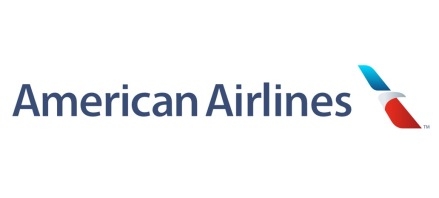
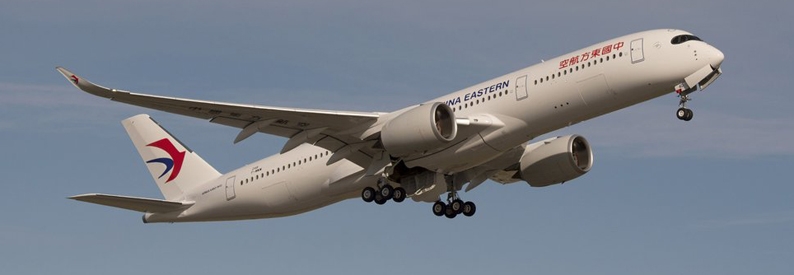
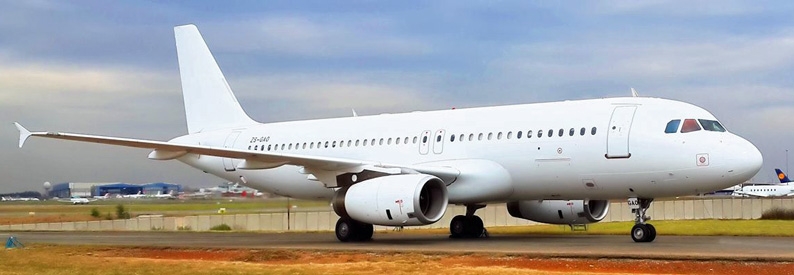
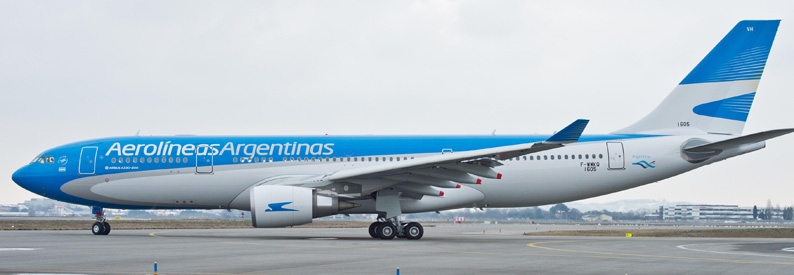
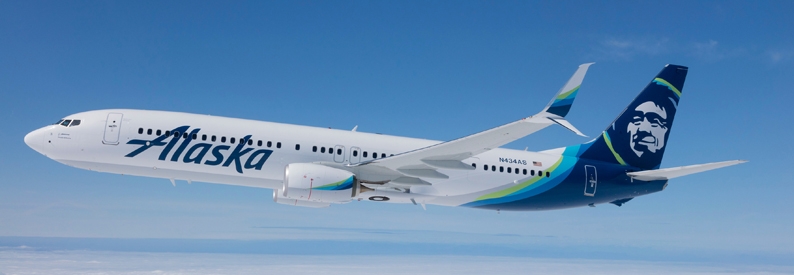
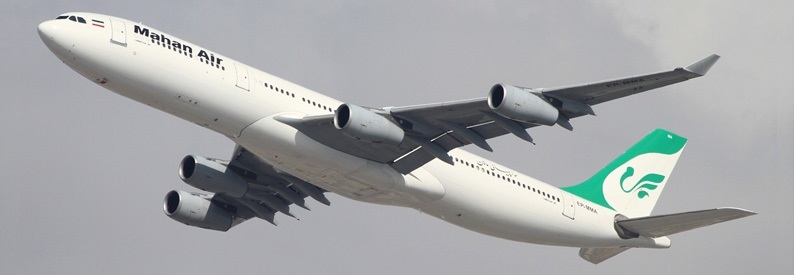
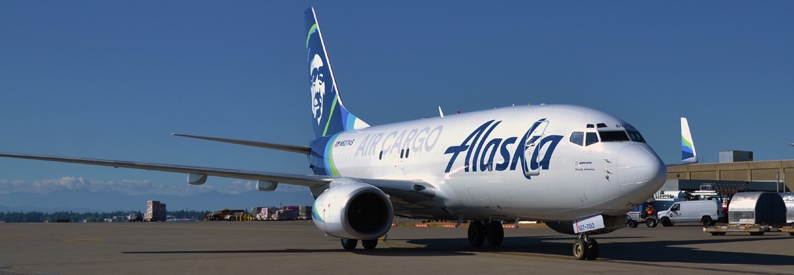
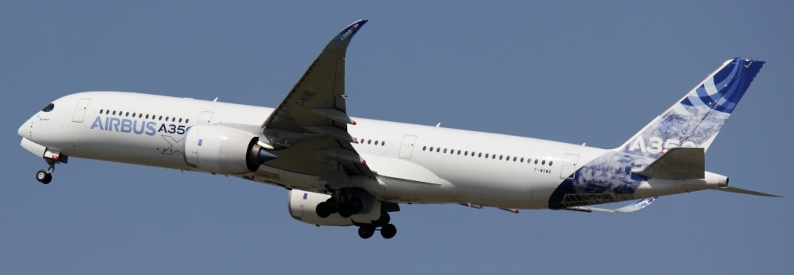
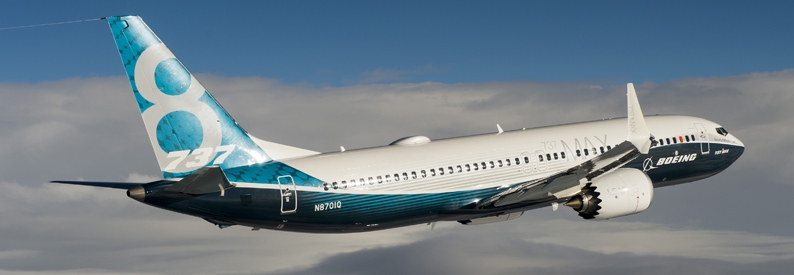
Editorial Comment: Updated on March 13 with comment from Sun Country Airlines. - 13Mar2020 - 08:37 UTC